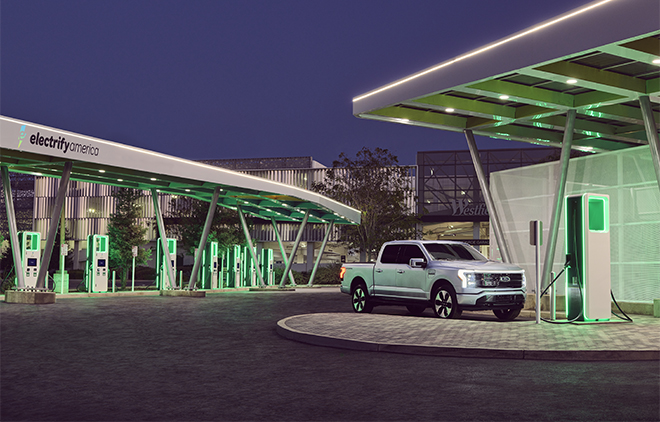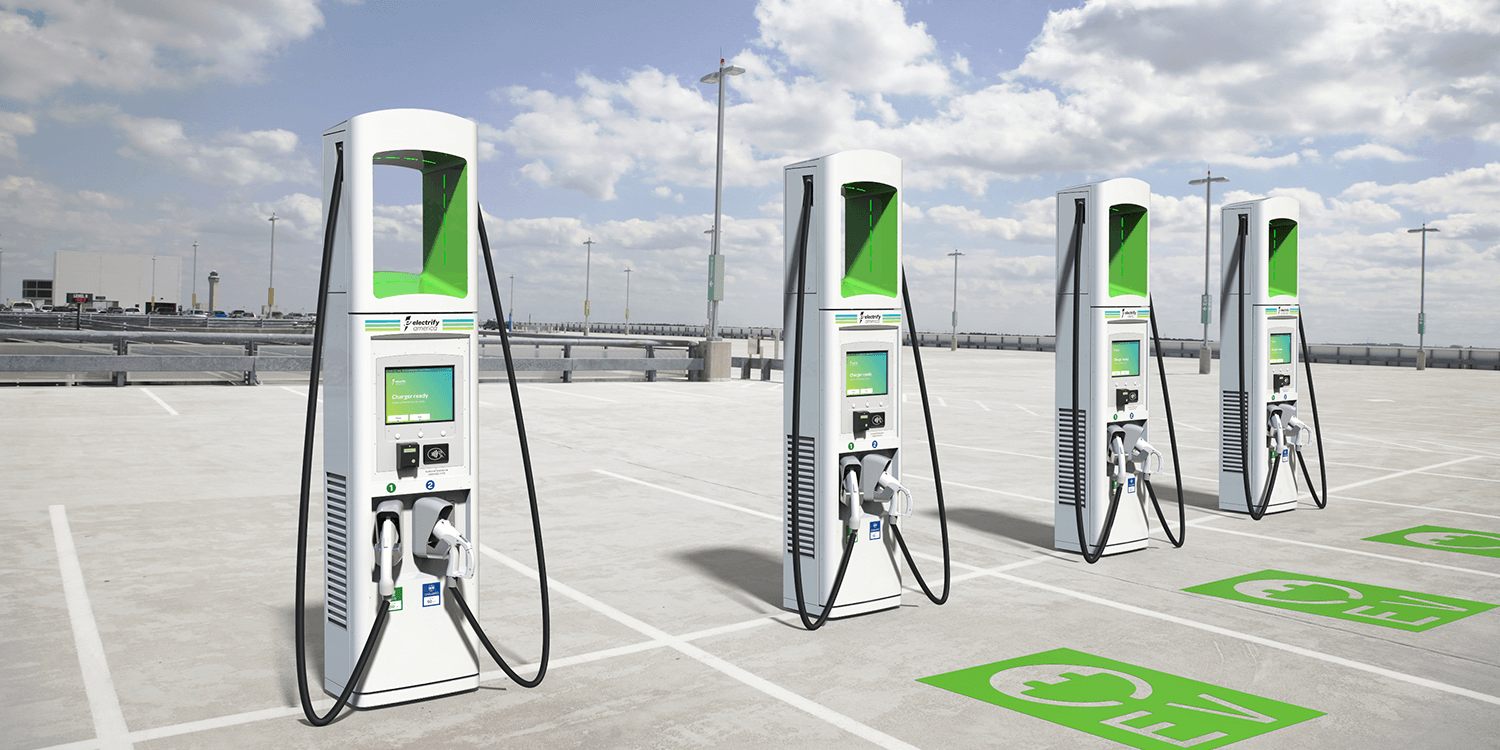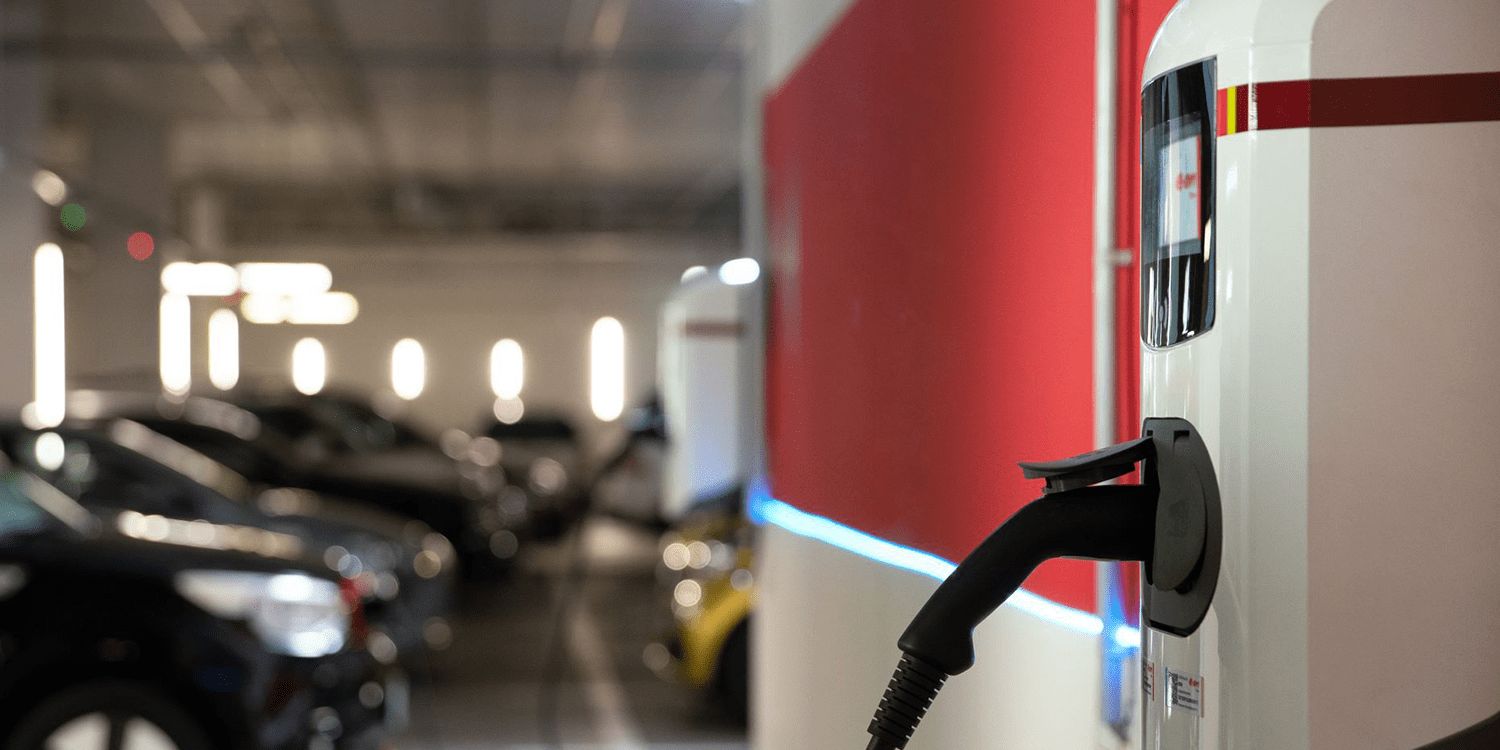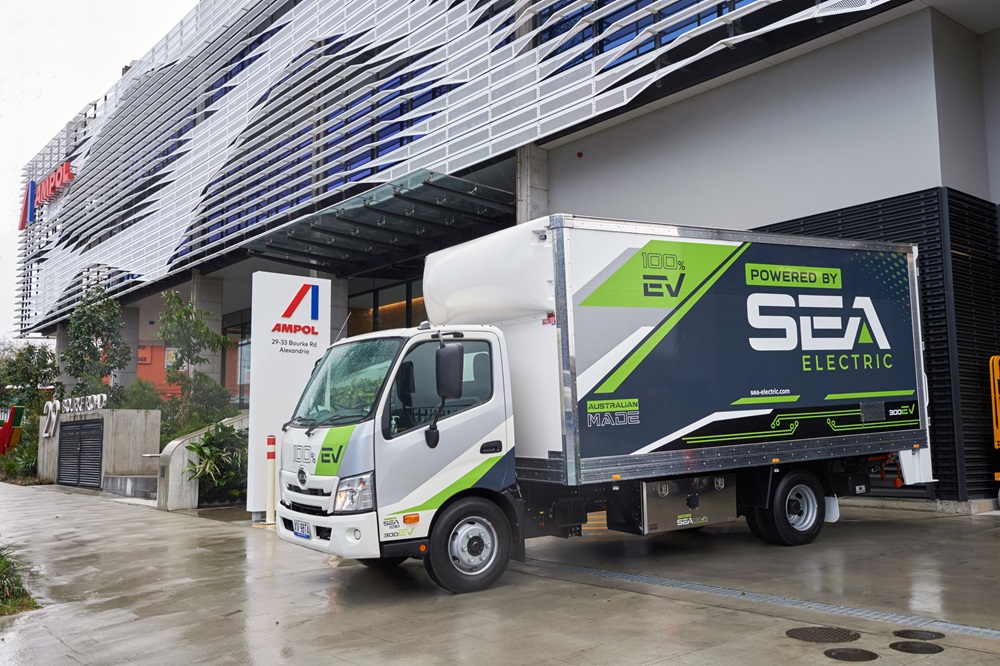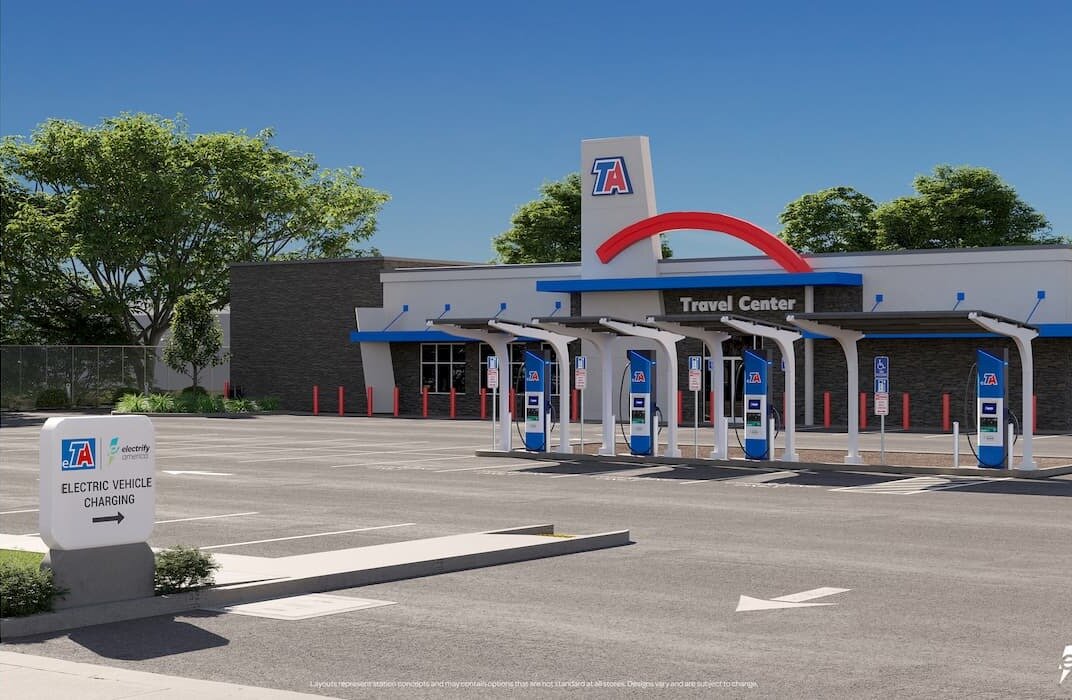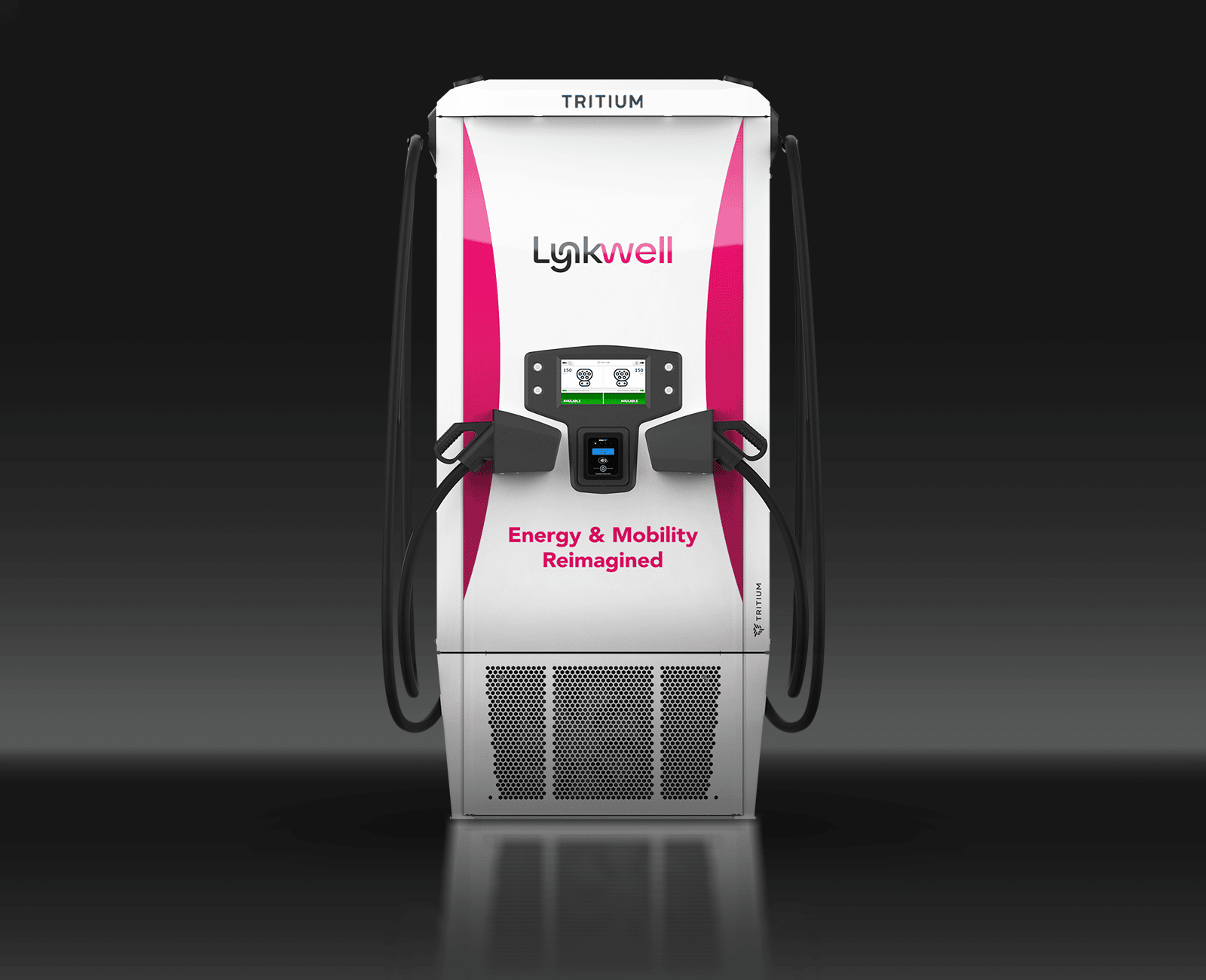The adoption of electric vehicles (EVs) in the United States has been steadily increasing, and with it, the demand for public charging stations. A recent study by S&P Global Mobility, shared by Automotive News, found that the number of public EV charging stations in the US needs to increase fourfold by 2025 in order to meet the growing demand. This lack of a robust public charging network has long been identified as a barrier to EV adoption.
While the majority of EV owners charge their cars at home, having access to fast and reliable public charging stations is crucial for those who plan on taking longer trips or family road trips. The convenience of not having to visit a gas station is one of the main benefits of owning an EV, but when traveling further than typical commutes and daily errands, having a reliable charging network becomes essential.
According to Automotive News, EVs currently make up only 1% of the 281 million cars on US roads. However, 5% of new car registrations between January and October 2022 were for electric cars, indicating that the trend of increasing EV adoption is likely to continue. S&P Global Mobility estimates that by 2030, EVs will make up 40% of all new vehicles sold in the US.
With the projected growth in EV ownership, it is vital that the number of public charging stations increases to meet the demand. This includes both Level 2 charging stations, which provide a slower charge, and DC fast charging stations, which can provide a full charge in a shorter amount of time. S&P Global Mobility’s recommendations for the number of charging stations needed by 2025 and 2030 provide a clear indication of the scale of the infrastructure needed to support the growing number of EVs on the road.
S&P Global Mobility’s Associate director of Auto Intelligence Stephanie Brinley shared:
“If it takes a decade to get a robust system in place, I don’t think that’s crazy. It’s a big enough problem with enough players that it’s reasonable that it will take time.”
According to data from S&P Global Mobility, there are currently over 125,000 public Level 2 charging stations in the US, but only around 20,400 public DC fast charging stations. However, it’s worth noting that the 17,000 Tesla Supercharger stations are not included in this count as they are currently only available for Tesla vehicles.
Despite this, over the course of 2022, around 54,000 Level 2 stalls and 10,000 DC fast charging units were added to the mix, a significant increase. However, with predictions that there could be as many as 8 million EVs on US roads by 2025 and nearly 30 million by 2030, the need for charging infrastructure is only going to continue to grow.
S&P Global Mobility estimates that in order to meet this increased demand, it will be necessary to have around 700,000 Level 2 stalls and 70,000 DC fast charging stalls available to the public by 2025. By 2027, these estimates rise to 1.2 million and over 100,000. The company’s goal is for there to be over 2 million public Level 2 chargers and 172,000 public DC fast charging stalls in the US by 2030. However, it’s worth noting that some EV owners are already reporting a major shortage of charging stations in many areas across the country.
S&P Global Mobility research and analysis director Graham Evans adds:
“Developments in battery technology, and how quickly EVs can receive power, will be as critical to improvements here as how quickly and plentifully infrastructure can provide the power.”

